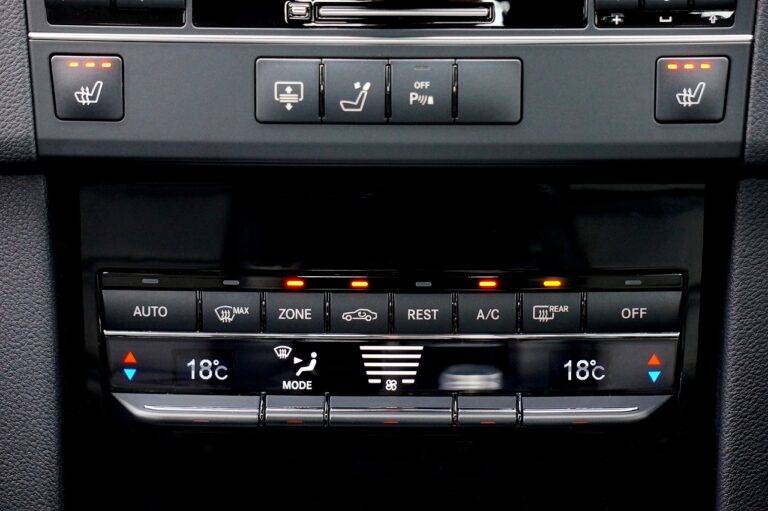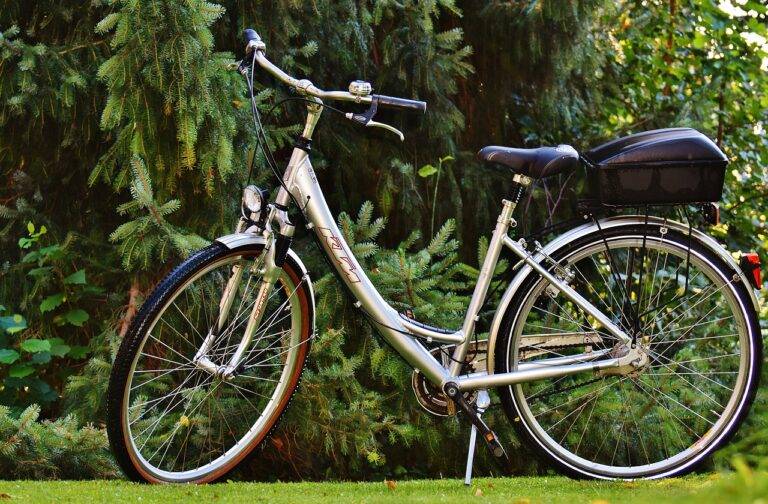Sustainable Practices in IPL Stadiums: A Green Revolution
99Exch, Gold365: To combat environmental challenges, the shift towards sustainable energy sources has become imperative in today’s world. Renewable energy sources such as solar, wind, and hydroelectric power are gaining popularity due to their minimal impact on the environment. Solar energy, in particular, has proven to be a viable option for households and industries alike, harnessing power from the sun and converting it into electricity through photovoltaic cells. Wind energy, generated through turbines capturing the power of the wind, has also emerged as a clean alternative to fossil fuels. Additionally, hydroelectric power, derived from flowing water, provides a reliable and renewable source of energy for various purposes. As these sustainable energy sources continue to evolve and improve, they offer a promising solution to reduce carbon emissions and mitigate climate change.
Waste Management Strategies
Implementing effective waste management strategies is crucial for reducing our environmental impact. By implementing recycling programs, composting initiatives, and waste reduction campaigns, communities can significantly decrease the amount of waste sent to landfills. Additionally, promoting awareness about proper waste disposal practices can help educate individuals on the importance of reducing, reusing, and recycling to minimize waste generation.
Incorporating advanced technologies such as waste-to-energy conversion and material recovery facilities can further enhance waste management efforts. These technologies enable the recovery of valuable resources from waste streams while reducing greenhouse gas emissions and promoting a circular economy. By adopting a comprehensive approach to waste management, we can create a more sustainable future for generations to come.
Water Conservation Measures
Conserving water is a crucial practice in today’s world, given the increasing water scarcity issues faced by many regions globally. One effective water conservation measure is the installation of low-flow fixtures in households and businesses. These fixtures help reduce water usage without compromising functionality, leading to significant water savings over time.
In addition to low-flow fixtures, rainwater harvesting is another impactful method to conserve water. By collecting rainwater from roofs and storing it for later use in gardens or for non-potable purposes, households can decrease their reliance on municipal water sources. This sustainable practice not only conserves water but also helps reduce water bills and overall water consumption in the community.







